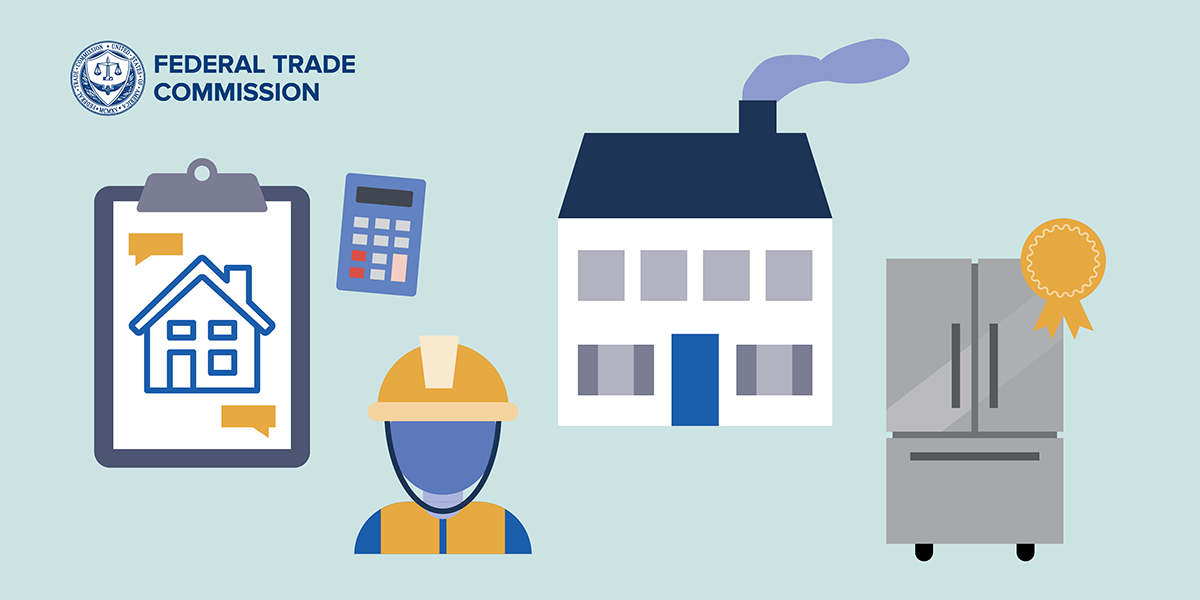Yeah, I will take the ratings with a grain of salt. My biggest concern is figuring out how much power I need to run everything in the worst possible scenario. 1.5 Ton AC is cranking away, 240v water heater flips on, garlic bread is cooking in the 240v oven, spaghetti boiling on the 240v stove, sauce heating in the 120v microwave, 120v refrigerator pumping away, 120v washer doing its thing, 240v dryer drying, tv blaring, computer cranking away, and all the LED lights on in the house. Will that likely happen? I hope not, but I have to plan for it.
I have a solid plan for the solar array (15kw+optional 10kw more on the garage), batteries (30kwh 48v LiFePo4), and the grid (split phase 120/240V/60hz 200amp). Just need to figure out the inverter(s). The main goal is to be able to power everything seamlessly if the grid goes down for a bit (couple days), and power everything essential indefinitely (zombie apocalypse). Not looking to sell power back or feed the grid, just have rock solid power 24/7.



